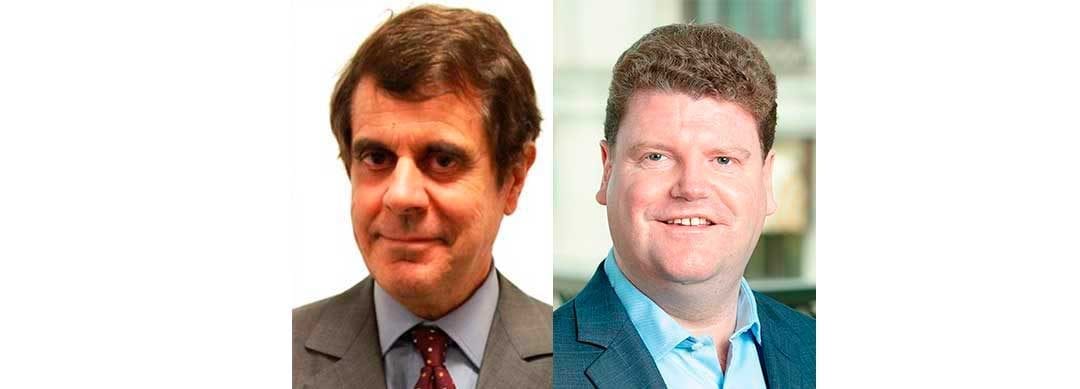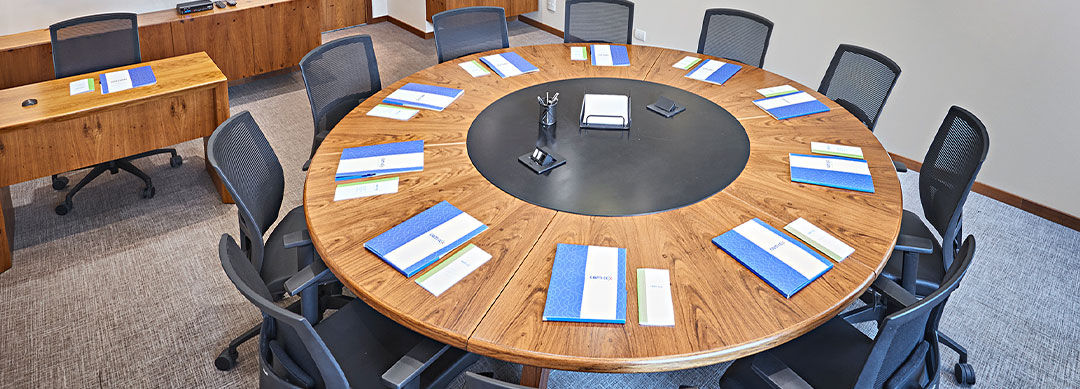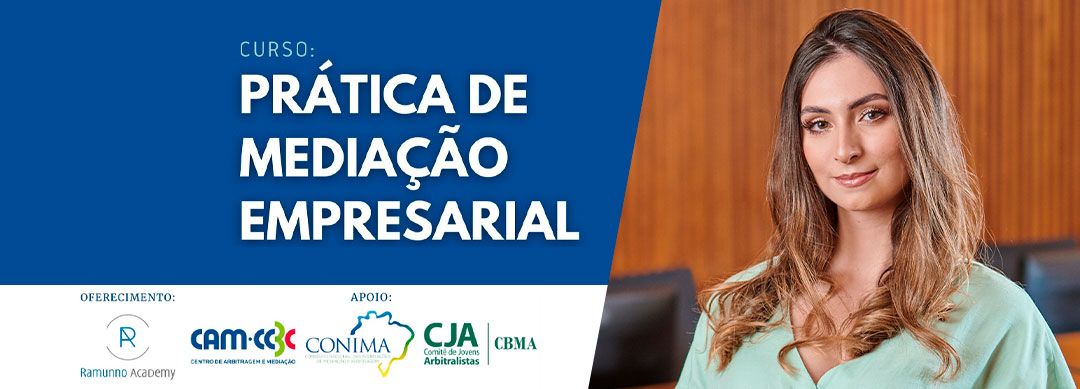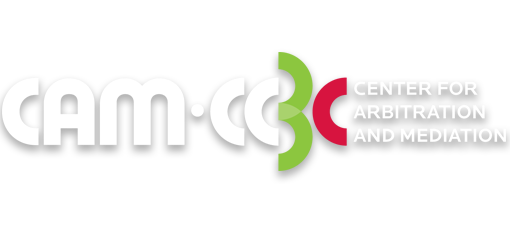International arbitration was one of the hot topics in August at CAM-CCBC. The institution welcomed renowned experts at its headquarters, in events that consolidate the entity as one of the main centers of debate on arbitration proceedings in the country. On 08/14, lawyer and arbitrator Matthieu de Boisessón addressed the application of French law principles in international arbitration, in a conversation with Professor Vera Fradera and Professor Thiago Marinho Nunes.
Boisesséson is an expert in international commercial arbitration and has worked in areas such as mining, oil and gas, and joint ventures, with offices in Hong Kong, London, and Rio de Janeiro. He acts as a professor at several renowned universities, including Paris Nanterre University.
Professor Fradera holds a Doctorate degree in Law from Paris II University and is a Member of the Société de Législation Comparée and the Académie Internationale de Droit Comparé in Paris. Professor Nunes holds a Postgraduate and Master degree from Paris II University. France is considered one of the origins of international arbitration and a reference for several countries in the sector.
Cross-examination: adaptations and particularities in Brazilian arbitration
Another event organized at CAM-CCBC’s headquarters had cross-examination as its theme, the main tool for arbitration lawyers to directly question witnesses appointed by the opposing party. The procedure originates from common law countries and is also used in domestic procedures, but it has been adapted here. “Today, in a scenario of greater internationalization of arbitration in the country, understanding and comparing such differences is mandatory,” says Gustavo Becker, Assistant Case Manager at CAM-CCBC.
To present the theme, CAM-CCBC invited lawyer Duncan Speller, partner of the London-based law firm Wilmer Cutler Pickering Hale and Dorr LLP – a leading global arbitration player, who also has Professor Gary Born among its partners. Speller gave a lecture at the event “Cross-examination: an overview,” held at the CAM-CCBC headquarters in São Paulo, on 08/13. He also gave an exclusive interview to the Center.
How do you evaluate the current scenario of Brazilian arbitration?
There is a remarkable growth in interest in international arbitration and innovation in the sector. The arbitration letter procedure introduced in the latest amendment to the Brazilian Arbitration Law is an excellent example of this innovation. Two trends that I would like to see continuing are cross-examination and the efficient process of gathering and presenting expert evidence.
How has Brazilian arbitration stood out abroad?
We recently saw a series of very large post-merger and acquisition transactions involving Brazilian parties or commercial entities based in Brazil. I think this trend should continue and reflects the importance of the country as an international arbitration center.
What is the main message you would like to leave to the Brazilian arbitration community?
The enthusiasm of the Brazilian legal community for international arbitration and its curiosity about internationally adopted approaches is remarkable, as well as a good sign for the future of international arbitration in Brazil. The basis of international arbitration is to meet the needs of the business parties, and learning about the approach in other jurisdictions enables us to better accomplish this task.





